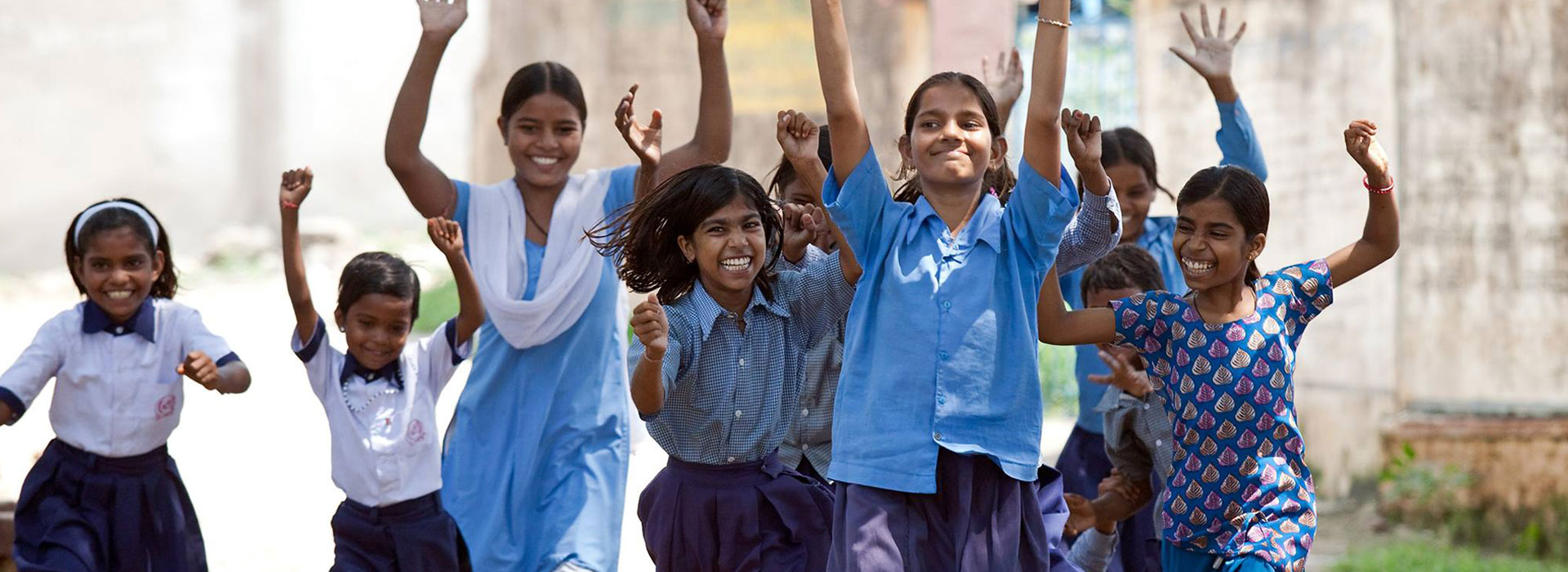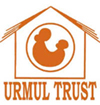 OUR PREVIOUS WORK
OUR PREVIOUS WORK
In the austere regions of rural Rajasthan in the Thar Desert, Urmul Group of organizations, anchored by Urmul Rural Health Research & Development Trust (Urmul Trust) have been innovating models for inducing community-driven socio-developmental changes. Urmul Trust started grassroots work in 1984 with an initial focus on health care, and on disaster mitigation while responding to the worst drought of the last century in 1987-88.
Urmul has a rich institutional legacy working in the education space. We collaborated with the Government of Rajasthan in 1988 and took over the management of dysfunctional government schools while establishing hundreds of new ones in the entire western Rajasthan. These schools functioned as models resulting in enrolment improving significantly. Over 12,000 students received quality primary education through these schools. Between 1993-2000 Urmul implemented the state-level Lok Jumbish project under which comprehensive work was undertaken for primary and middle-level education system revival.
To promote girl’s education and provide an opportunity to adolescent girls, who had never been to any school or had dropped out, Urmul designed and implemented, Girls’ Education Residential camps for over 15 years. Over 70,000 girls received primary education and as much as 45% of these girls rejoined the formal schooling system. Urmul is the founding and active member of the international alliance against Child Marriage, ‘Girls Not Brides’, and chairs its Rajasthan chapter. It is also a member of several national and state-level policy planning committees around education and girl child.
IMPACT OF COVID-19
The desert living has perpetually been marred with disasters and disruptions. The recent pandemic and subsequent lockdown have caused further havoc in the already systemically disarrayed education system. The schools are shut since March 2020, and there is no clarity on its reopening. With the recent spike in infection and the virus reaching, even the remote areas, the situation is tense. Amidst this, the education and holistic growth of children are severely affected.
Parents are nervous, teachers sitting idle, and the children losing the most critical building time of their lives. The worst hit is the girls, who are forced back into a farm or domestic work. The efforts of past decades of bringing girls to schools and ensuring continuity of education - all seems going in vain, due to this unprecedented and extended challenge to the systemic education delivery.
There is a visible increase in the cases of abuse and psychological depression as well. In this context, there is no alternative mechanism of education delivery in place, nor are there any serious efforts by governments to invest in alternative or complementary delivery systems. Any platform to provide advisory or counseling support to children or parents is also acutely missing. There is a complete blackout in forward-thinking & resilience in the education system.
Our Strategy
The entire programme is envisioned as a state-level initiative – piloted in western Rajasthan and then scaled up with the government of Rajasthan. The digital education programme focuses on three chief interventions
DIGITAL TECHNOLOGY PLATFORM
COURSE CONTENT
COMMUNITY MOBILISATION
EXPECTED OUTCOMES
Enable technology-facilitated learning & education service for children (especially) girls of the remote regions of Thar desert.
Integrate technology-facilitated learning & education service with formal distance education platforms.
Engage the community and prepare for digital learning solutions.
Leverage advocacy as a tool to scale-up and enable possibilities of using technologies-driven education for far-flung areas.
Convergence with the public schools and the state education department for scaling the wider application.
Develop a demonstrable and scalable model and software solution which could be made available to more network partners.
GET INVOLVED
To ensure our ambitious goals for last-mile access to quality education is realized, we still need critical support to reach out to these vulnerable children hailing from economically weaker backgrounds. We now believe by embracing the new technology solutions, our children and especially our girls are not left behind. We would request your support in:
- Helping us procure the required hardware: Required hardware such as smartphones, tablets, laptops etc. This would ensure the technological solutions are accessible by the 7,000 students residing in remote regions of the Thar desert.
- Technical software development aid in developing the technology platform that would provide online and offline learning solutions to 7,000 children.


